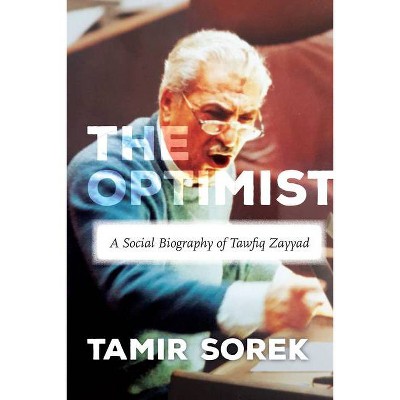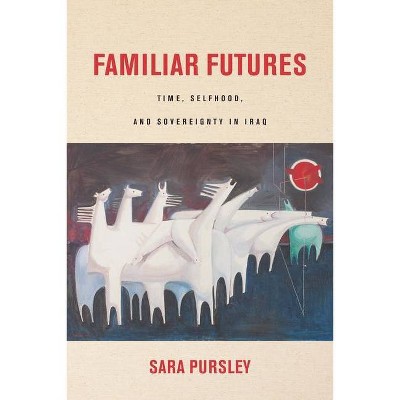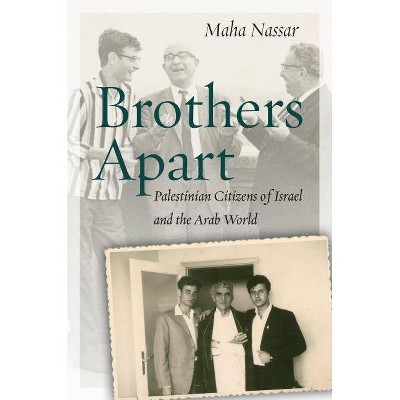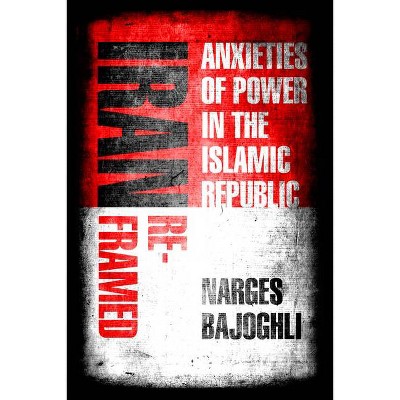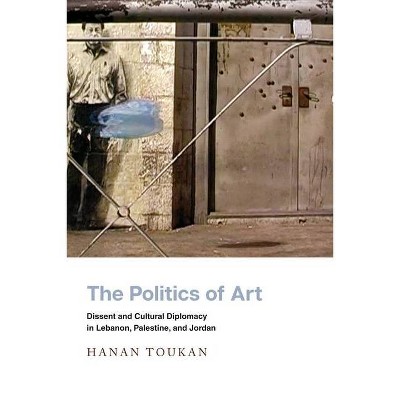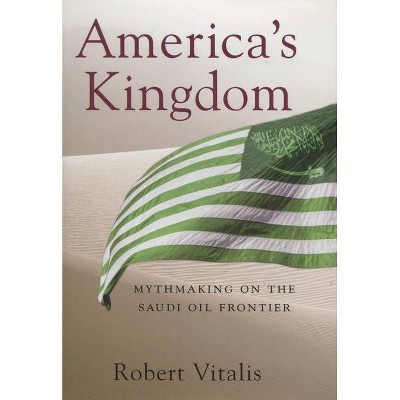The Universal Enemy - (Stanford Studies in Middle Eastern and Islamic Societies and) by Darryl Li (Paperback)
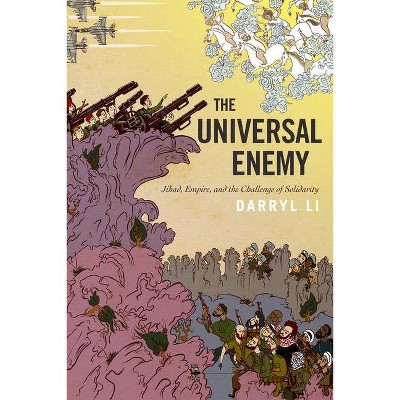
Similar Products
Products of same category from the store
AllProduct info
<p/><br></br><p><b> Book Synopsis </b></p></br></br><p>No contemporary figure is more demonized than the Islamist foreign fighter who wages jihad around the world. Spreading violence, disregarding national borders, and rejecting secular norms, so-called jihadists seem opposed to universalism itself. In a radical departure from conventional wisdom on the topic, <i>The Universal Enemy</i> argues that transnational jihadists are engaged in their own form of universalism: these fighters struggle to realize an Islamist vision directed at all of humanity, transcending racial and cultural difference.</p> <p>Anthropologist and attorney Darryl Li reconceptualizes jihad as armed transnational solidarity under conditions of American empire, revisiting a pivotal moment after the Cold War when ethnic cleansing in the Balkans dominated global headlines. Muslim volunteers came from distant lands to fight in Bosnia-Herzegovina alongside their co-religionists, offering themselves as an alternative to the US-led international community. Li highlights the parallels and overlaps between transnational jihads and other universalisms such as the War on Terror, United Nations peacekeeping, and socialist Non-Alignment. Developed from more than a decade of research with former fighters in a half-dozen countries, <i>The Universal Enemy</i> explores the relationship between jihad and American empire to shed critical light on both.</p><p/><br></br><p><b> Review Quotes </b></p></br></br><br><i>The Universal Enemy</i> is a critical and welcome addition to our debates around radicalisation, Islamism and transnational politics.--Usman Butt "<i>The New Arab</i>"<br><br><i>The Universal Enemy</i> is extraordinary in combining many of the techniques of social science with a sophisticated knowledge of Islamic doctrines and controversies--except that, rather than assuming that religious texts are simply vectors for ideology, he focuses on how they are actually produced and used....[Li] seems to have read everything relevant to his topic and to anticipate many possible counter-arguments.--Jonathan Benthall "<i>Times Literary Supplement</i>"<br><br>[A] provocative and deeply researched new book....<i>The Universal Enemy</i> is the product of difficult and meticulous data collection. I expect that it will be cited as a standard-setting work of qualitative empirical research on political violence.--Mara Revkin "<i>Lawfare</i>"<br><br>[Li] effectively confronts the demonization of jihadists in the aftermath of 9/11, particularly in the US....The author's linguistic skills and the depth of the interviews are impressive, and the case selection is intriguing. Recommended.--A. T. Kuru "<i>CHOICE</i>"<br><br>[This book] stingingly criticizes the field of 'jihadism' as an academic discipline connected to the national security state....Li lets his subjects speak for themselves and casts few judgments. The picture that emerges is a morally complex one.--Murtaza Hussain "<i>The Intercept</i>"<br><br>A fascinating and highly readable account of jihad from the perspective of Islamic fighters. <i>The Universal Enemy</i> shows brilliantly that jihad is not a uniform terrorist movement but includes a wide variety of actors, motivations, and ideologies inspired by religion and the aspiration for universality, parallel to other ideologies such as human rights.--Sally Engle Merry "New York University"<br><br>Darryl Li offers superb insight into a figure that shapes so much law and policy but is little understood--the 'universal enemy, ' the foreign Muslim fighter. Telling the stories of these mujahids, their motivations and aspirations, with exceptional empathy and detail, he challenges much of what we think we know. <i>The Universal Enemy</i> offers a new and compelling way of understanding universalism and violence, empire and solidarity.--Anthony Anghie "National University of Singapore and University of Utah"<br><br>Focused on the Bosnian jihad and the wider world, both in that era and since, <i>The Universal Enemy</i> is original, authoritative, and broad in significance. This remarkable achievement is anchored in Darryl Li's unique combination of skills and sensibilities, which are at once ethnographic, lawyerly, and linguistic.--Brinkley Messick "Columbia University"<br><br>In this deeply original book, Darryl Li paints a vivid portrait of jihadist universalism and its mobilization both for and against imperial power. Thought-provoking and beautifully written, <i>The Universal Enemy</i> raises important questions about the legalities, conduct, and effects of global violence in all its forms.--Lauren Benton "Vanderbilt University"<br><br>Li is a gifted writer and storyteller, and his research has amazing breadth....[He] should be commended for a finely crafted plunge into international jihad.--John Waterbury "<i>Foreign Affairs</i>"<br><p/><br></br><p><b> About the Author </b></p></br></br><b>Darryl Li</b> is Assistant Professor of Anthropology and Lecturer in Law at the University of Chicago.
Price History
Price Archive shows prices from various stores, lets you see history and find the cheapest. There is no actual sale on the website. For all support, inquiry and suggestion messagescommunication@pricearchive.us
